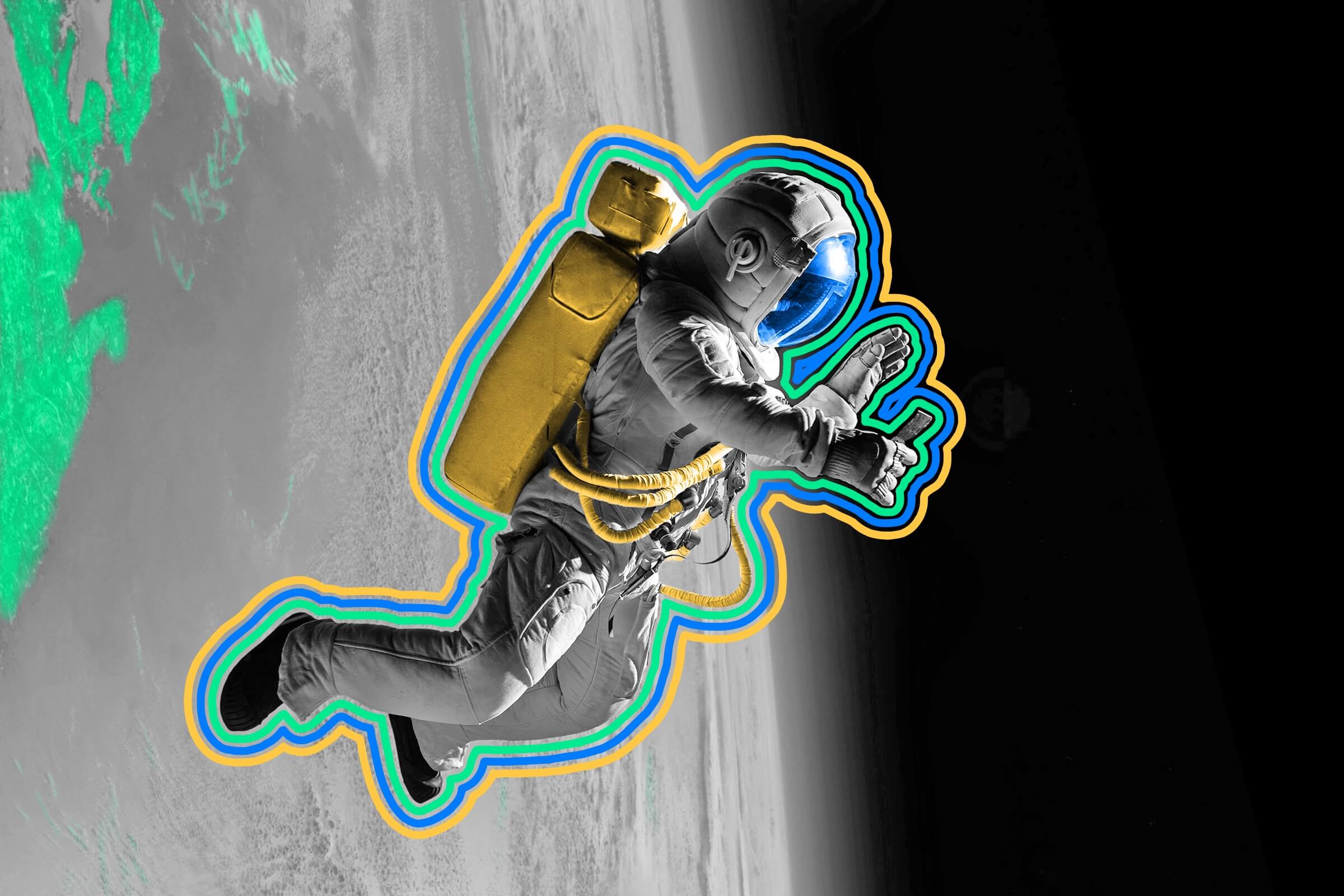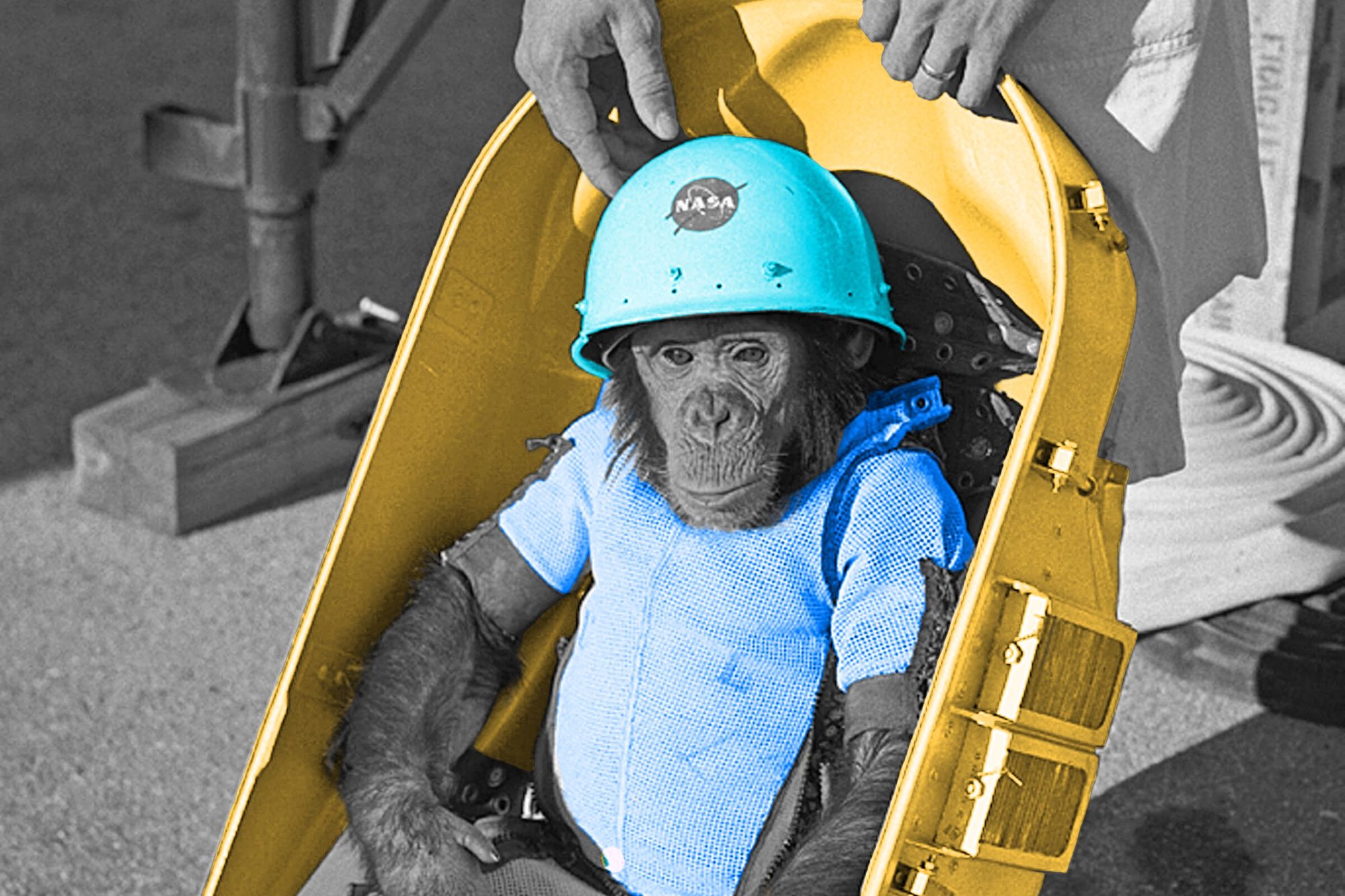| As human space exploration has evolved, trips offworld have grown longer and longer. In 1961, Yuri Gagarin spent less than two hours in orbit; today, it's common for astronauts to stay in space for six months to a year. Because astronauts are spending larger portions of their lives hundreds of miles above us, the voting process has had to adapt. A pivotal moment occurred in September 1996, when NASA astronaut John Blaha went to the Russian space station Mir for a 118-day stay and completely missed voting in the 1996 presidential election. In response, Texas state Senator Mike Jackson proposed legislation to allow astronauts to vote in space. (Notably, many astronauts live in Texas because they train at the Johnson Space Center in Houston.) In 1997, NASA astronaut David Wolf, who was also aboard the Mir, became the first astronaut to successfully vote in space. Wolf told The Atlantic in 2016 that he was particularly moved by the experience, saying that voting "mak[es] a person feel like part of a civilization somewhere." Although the idea of voting from a tin can some 254 miles above the planet may sound complex, the actual process is relatively straightforward. The county clerk from the astronaut's home state (usually Texas) sends an electronic ballot to NASA; at the same time, an encrypted electronic ballot is sent to the orbiting astronaut via NASA's Space Network, which manages all data and communication from the ISS to ground crews. The astronaut fills out the ballot (even putting "low-Earth orbit" on the address line) and sends it back using NASA's Tracking and Data Relay Satellite to a ground antenna in New Mexico. NASA sends the ballot to Johnson Space Center, and then on to the appropriate county clerk. Throughout, only the clerk and the astronaut have access to the encrypted ballot to preserve its security. This entire process unfolded during the 2020 election, when NASA astronaut Kate Rubins submitted her ballot, calling it "an honor to be able to vote from space." | 







No comments:
Post a Comment